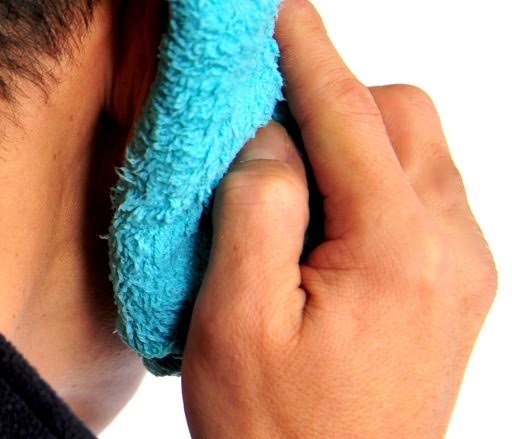Blog
-

WHY DO YOUR EARS SOMETIMES FEEL HOT?
 20 Jan , 2016
20 Jan , 2016
Hotness of the ears might cause discomfort and interfere with typical daily activities such as listening to music, talking on the phone or even participating in face-to-face conversations.
Hotness that persists, worsens or is accompanied by other symptoms such as ear or facial pain, might require medical evaluation. Fortunately, most of the time, heat in the ears is a preventable and easily treatable condition. People with hot ears might notice additional symptoms, including redness of the ears, fever, headache or pain. In some cases, people might develop drainage of fluid from the ear. In addition, loss of balance, difficulty hearing, changes in the skin around the ear, decreased appetite and increased irritability may develop, depending upon what is causing the hot ears symptom.
TREATMENT
General physicians and specialists, such as ear, nose and throat doctors and dermatologists diagnose ear problems such as hotness to the touch. They do so by examining the patient and taking a medical history, asking about recent exposures or illnesses. If an infection or obstruction of the ear is suspected as the cause of ear hotness, a doctor may use an “otoscope” to examine the inside of the ear, as well as the throat and nasal passages. (Most people at one time or another during a regular check up with their primary care physician, have had their ears looked into with and otoscope. An otoscope or auriscope, is a medical device which is used to look into the ears. Health care providers use otoscopes to screen for illness during regular check-ups and also to investigate ear symptoms. An otoscope potentially gives a view of the ear canal and tympanic membrane or eardrum).
Doctors usually recommend pain relievers such as acetaminophen or ibuprofen to relieve pain and hotness caused by ear infections, (although severe or persistent infections might require oral antibiotics). According toMayoClinic.com, doctors treat infections of the outer ear by first cleaning the ear and then prescribing ear drops that contain one or a combination of medications including steroids, antibiotics and anti-fungals. The National Library of Medicine website recommends treating ears that are hot because of a sunburn with cool wash cloths and moisturizing cream to reduce comfort, along with ibuprofen for pain.
SOME KNOWN CAUSES
Infections of the middle ear caused by bacteria or viruses can enter the ear and cause the ear to be hot. According to MayoClinic.com, these infections sometimes result from another illness such as a cold or the flu. In other cases, infections of the outer ear that result from excess moisture from swimming or showering, injuries from cleaning the ears or the use of devices such as ear buds or earplugs can cause the ears to feel hot. (Hotness of the ears might also result from something as simple as a sunburn, especially in people with fair skin).
PREVENTION
To help prevent infections that cause the ears to be hot, wash your hands frequently, avoid secondhand smoke and in infants, possibly breast-feeding babies for a minimum of six months, may have a preventative effect. In addition, avoid swimming in bacteria-laden waters, do not stick things into the ear canals and drain the ears after swimming. Use sunscreen on all exposed skin, including the ears, and wear a wide-brimmed hat to help protect hot ears caused by sunburns.
SOURCES:
Jessica Lietz
Wikipedia.
Wikihow.
The National Library of Medicine.
IMAGE CREDIT:
Wikihow (Painful ears)





























































































































































































































































































































































































































































































































































































